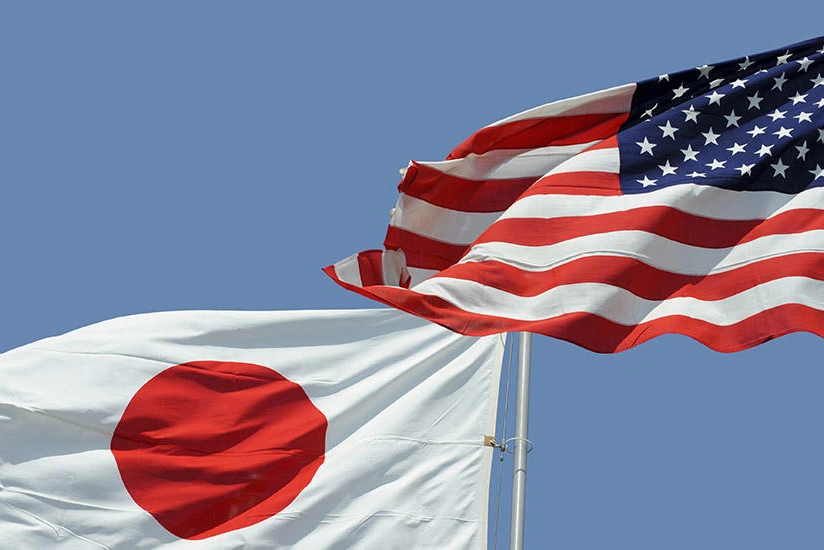Japan, US to sign cooperation deal on AI, 6G
- 25 October, 2025
- 13:37

Japan and the US are set to sign an agreement to work together on artificial intelligence and next-generation wireless standards, with an eye on exporting those technologies to Global South, where China is expanding its technological influence, Report informs via Nikkei Asia.
Japanese Prime Minister Sanae Takaichi will meet with US President Donald Trump in Tokyo on Tuesday. On the sideline of the summit, cabinet ministers from both countries will sign a memorandum of cooperation on technological prosperity, calling for a "new golden age of innovation."
The document will cover AI, maintaining the confidentiality of research information, "Beyond 5G/6G" wireless, medical and biotech supply chains, quantum technology, nuclear fusion and space. It will set out specific steps toward cooperation on critical technologies mentioned in the joint statement issued after the two countries' February summit.
The memorandum will also call for promoting the export of AI infrastructure, hardware, models, software and applications. This includes equipment and facilities needed for AI development, such as data centers and supercomputers.
The move is driven in part by alarm over China's rise in the field. The Chinese government has been spending heavily on research and development to hone the country's technical prowess, but some observers have expressed privacy and accuracy concerns about Chinese-developed AI systems.
Tokyo and Washington worry about emerging countries coming to rely on Chinese AI. They aim to promote adoption of safer, more reliable AI systems, and lead the way on setting international standards.
The Japanese government is set to draft a plan this year to promote AI research and development as well as usage. This is expected to include government support for developing high-quality homegrown AI and exporting it to emerging and other markets.
In a survey last year by Boston Consulting Group covering 82 Japanese executives at companies with at least $500 million in annual revenue, about half said they plan to invest more than $25 million in AI. Collaborating with the US would likely further encourage investment and boost Japanese companies' ability to compete internationally.
Under the memorandum, Japan and the US will also work together on next-generation wireless R&D and standards. They will train talent and conduct joint research in quantum computing, space and nuclear fusion, a field where Japan aims to demonstrate power generation by the 2030s.
In pharmaceuticals, the two countries will look to secure a supply chain through cooperation among industry, the public sector and academia.